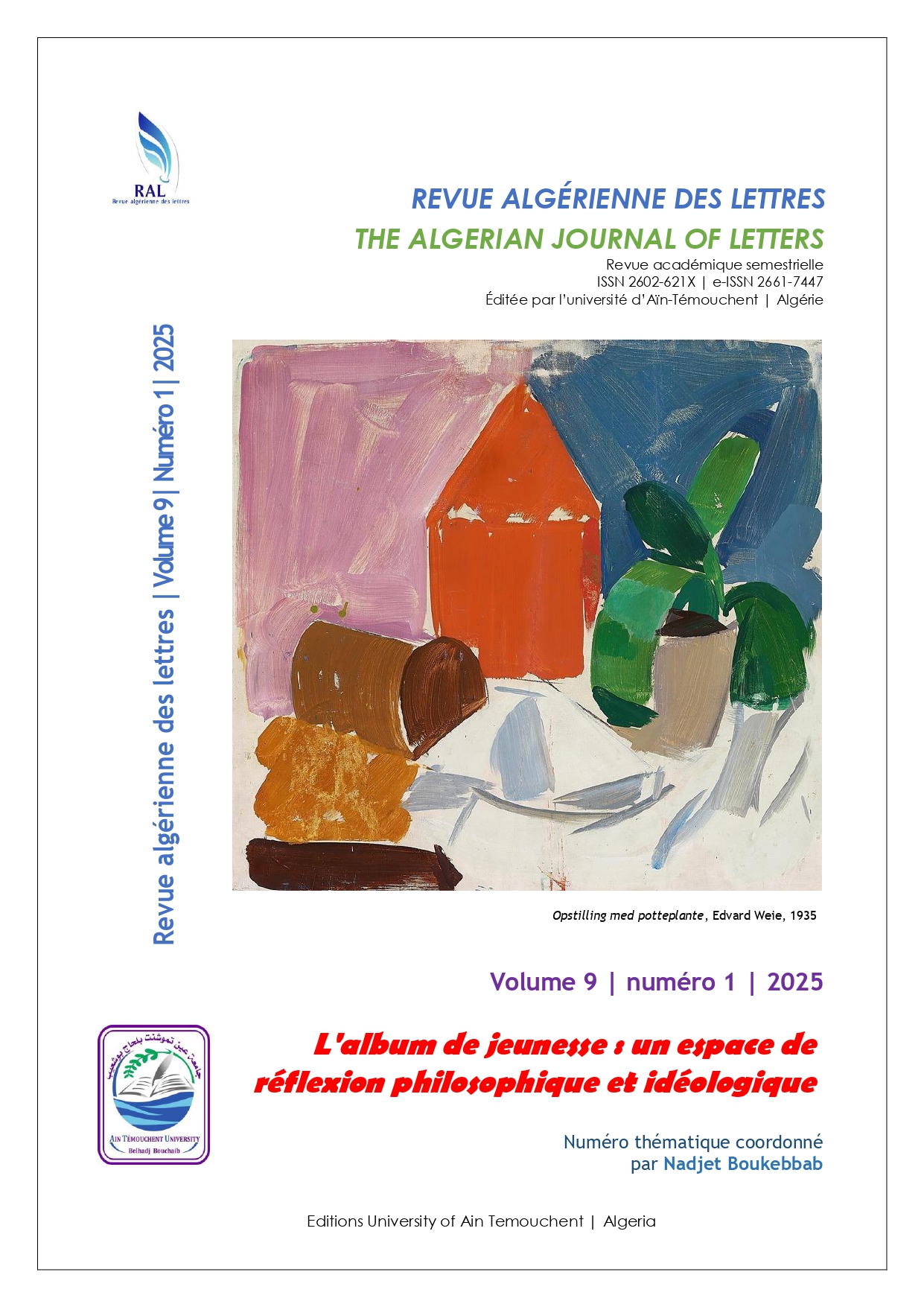Naruto, une œuvre en dialogue
Naruto, a Work in Dialogue
Keywords:
youth album, Naruto, philosophy, ideology, interculturalityAbstract
This article explores “Naruto” from the perspective of the philosophical, ideological and intercultural intersections that make it much more than a simple children’s album. Drawing on philosophical foundations from Shintoism, Buddhism and Taoism, Naruto offers a profound reflection on universal concepts such as harmony, free will and the quest for redemption. Furthermore, the work examines the tensions between tradition and modernity, highlighting both the richness and the limits of cultural heritages in the
face of the challenges of change. On the intercultural level, Naruto builds bridges between its Japanese roots and a global audience. Thanks to its universal themes, its linguistic and visual adaptations as well as its references to shared human values, the work transcends cultural boundaries. It thus becomes a vector of learning and awareness, introducing young people to philosophical and societal issues while celebrating cultural diversity. Finally, Naruto stands out as a complex and multidimensional work, blending tradition and modernity to offer a universal reflection on identity, resilience and the coexistence of cultures in a globalized
world.
Downloads
Downloads
Published
How to Cite
Issue
Section
License

This work is licensed under a Creative Commons Attribution 4.0 International License.
Authors of articles published in THE ALGERIAN JOURNAL OF LETTERS (REVUE ALGERIENNE DES LETTRES) retain the copyright of their articles and are free to reproduce and disseminate their work.
All open-access articles are distributed under the terms of the Creative Commons Attribution- 4.0 International License, which permits unrestricted use, distribution, and reproduction in any medium, provided that the original work is properly cited.

 Français (France)
Français (France)
 English
English







